Excessive consumption of sugary drinks may increase the risk of non-communicable diseases, including diabetes.
Sugar-sweetened beverages, as defined by the World Health Organization (WHO), are all beverages containing free sugars (added sugars), including carbonated or non-carbonated non-alcoholic soft drinks; fruit and vegetable juices; fruit and vegetable beverages in beverage form; liquid and powdered concentrates, flavoured waters, energy drinks and sports drinks; ready-to-drink teas; ready-to-drink coffees and flavoured milk drinks.
According to WHO, in 2002, the average Vietnamese person consumed 6.04 liters of sugary drinks. In 2021, this number was 55.78 liters, a 10-fold increase. Consuming too much sugar, especially sugary drinks, is a major cause of obesity, diabetes and cardiovascular disease.
Dr. Ngo Thi Ha Phuong, National Institute of Nutrition, said sugar in drinks changes the body's metabolism, affecting insulin, cholesterol and metabolites, causing high blood pressure and inflammation. These changes increase the risk of type 2 diabetes, cardiovascular disease, tooth decay, metabolic syndrome and liver disease.
"There is a positive association between sugary beverage consumption and increased insulin resistance in children and adolescents," said Dr. Phuong, adding that the study showed that for every additional 250g (or 250ml) of sugary drinks consumed, a marker of insulin resistance (HOMA-IR marker) in children and adolescents increased by 5%.
In addition, sugary drinks increase the amount of sugar and carbohydrates absorbed quickly, leading to increased blood sugar levels. This, in turn, leads to risk factors for type 2 diabetes such as inflammation, insulin resistance, and impaired function of beta cells - cells of the pancreas that secrete the hormone insulin to reduce blood sugar.
On the other hand, free sugars in sugary drinks (fructose, sucrose...) can cause fatty liver and increased blood sugar after meals, leading to increased inflammation, insulin resistance, reduced beta cell function in the pancreas, leading to type 2 diabetes.
Survey results show that Vietnam has about 7 million people with diabetes. Of these, more than 55% of patients have cardiovascular, eye, nerve, and kidney complications. Diabetic patients with complications not only increase medical costs but also reduce the quality of life.
WHO recommends that each person should eat less than 25g of sugar per day (including drinks), half of the average amount that a Vietnamese person eats today. Adults and children should reduce the amount of free sugar to less than 10% of total daily energy intake. If this ratio is less than 5%, equivalent to 25g or 5 teaspoons, it will be more beneficial for health.
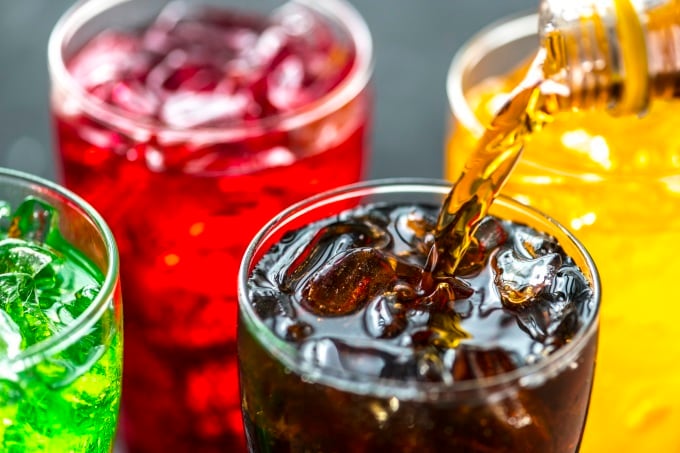
Sugary drinks increase the risk of diabetes. Photo: Freepik
In terms of policy, WHO also recommends that countries implement a combination of three solutions: Media education , restricting advertising of sugary drinks to children, and imposing taxes on sugary drinks. Of these, imposing taxes on sugary drinks is considered the most effective policy, currently applied in 115 countries/territories, helping to reduce consumption of this type of beverage to prevent related non-communicable diseases.
According to Dr. Phuong, imposing a tax on sugary drinks could be a win-win strategy, a win for public health (containment of health care costs), a win for government revenue, and a win for health equity.
Sharing the same view, Mr. Mark Goodchild, WHO economist in Geneva, also recommended applying special consumption tax on sugary drinks. Similar to tobacco and alcohol, increasing taxes on these unhealthy products is the most effective measure to reduce consumption.
According to Mr. Goodchild, by imposing a tax on sugary drinks, both consumers and businesses will benefit. Consumers will switch to healthier products. This can stimulate the food and beverage industry, creating more jobs and growth similar to other sectors of the economy.
The draft Law on Special Consumption Tax is expected to be submitted to the National Assembly for comments at the 7th session (May 2024) and approved at the 8th session (October 2024). In particular, the Ministry of Finance will study the addition of special consumption tax on products that are harmful to health and the environment, including sugary drinks.
Le Nga
Source link



![[Photo] Marching together in the hearts of the people](https://vphoto.vietnam.vn/thumb/1200x675/vietnam/resource/IMAGE/2025/8/31/8b778f9202e54a60919734e6f1d938c3)
![[Photo] The first meeting of the Cooperation Committee between the National Assembly of Vietnam and the National People's Congress of China](https://vphoto.vietnam.vn/thumb/1200x675/vietnam/resource/IMAGE/2025/8/31/f5ed4def2e8f48e1a69b31464d355e12)
![[Photo] National Assembly Chairman Tran Thanh Man welcomes and holds talks with Chairman of the National People's Congress of China Zhao Leji](https://vphoto.vietnam.vn/thumb/1200x675/vietnam/resource/IMAGE/2025/8/31/9fa5b4d3f67d450682c03d35cabba711)

![[Photo] General Secretary To Lam receives Chairman of the National People's Congress of China Zhao Leji](https://vphoto.vietnam.vn/thumb/1200x675/vietnam/resource/IMAGE/2025/8/31/5af9b8d4ba2143348afe1c7ce6b7fa04)

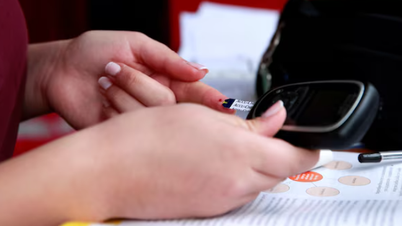



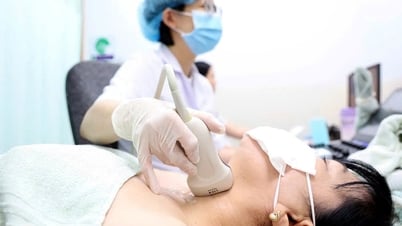
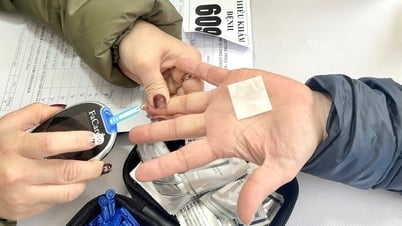

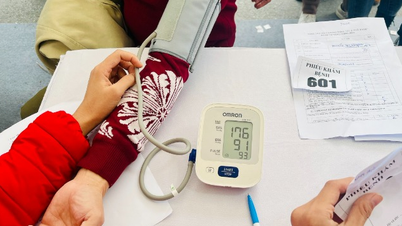





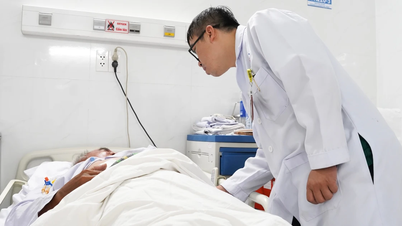




























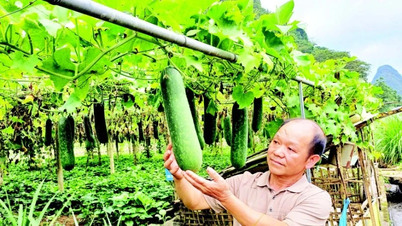


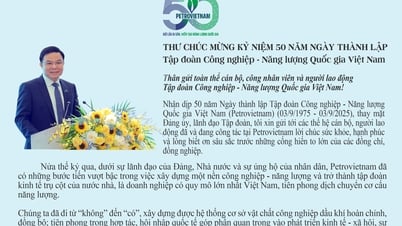

























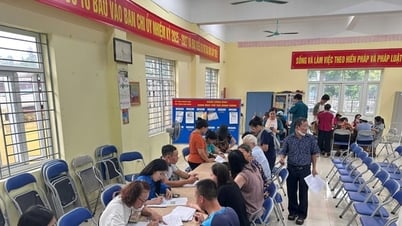
















Comment (0)